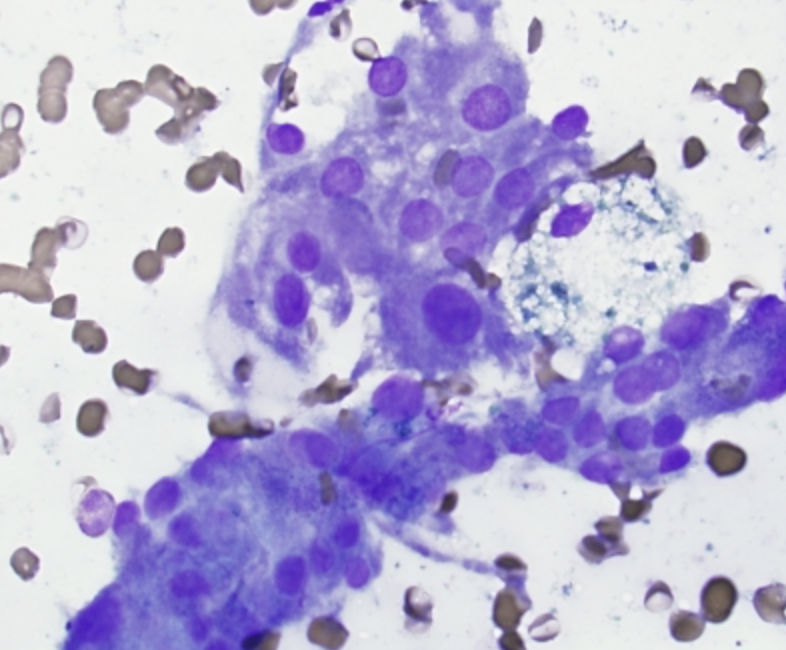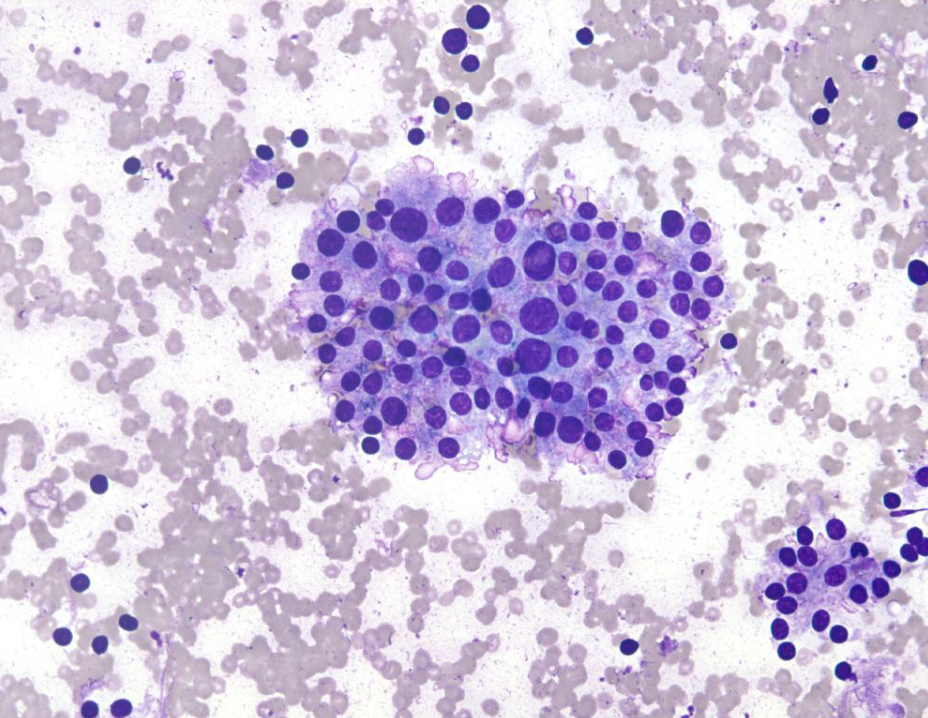
What are the benefits of Thyroid Surgery
What are the benefits of Thyroid surgery? What is it aimed to achieve?
If you have a Thyroid problem amenable to surgery then the potential benefits are discussed here.
We describe the impact of thyroid disease as either objective (diagnostic and metabolic) or subjective (symptoms of compression from enlargement of parts of the Thyroid gland).
Objective benefits of Thyroid surgery are:
Subjective benefits of Thyroid surgery are:
Removal of the enlarged part or whole gland relieves these symptoms.
Does thyroid surgery relieve Compressive symptoms?
Eng et al. Gland Surg. 2014 Nov;3(4):232–236. doi: 10.3978/j.issn.2227-684X.2014.08.03
Can nodule size serve as a predictor for compressive symptoms in thyroid nodule patients?
The study cited above was the most recent research into this question and is based on reviewing 99 patients undergoing thyroid surgery. It proves what I have come to see on a regular basis:
The average size of nodules in patients experiencing compressive symptoms was 3.8 cm compared to 2.2 cm in those who were asymptomatic. The mean thyroid lobe diameter (measured at US imaging) in those with compressive symptoms was significantly larger at 6.2 cm, while it was only 4.9 cm in asymptomatic patients. Visible thyroid enlargement, on looking the patient's neck in clinic, was observable in 65.2% of patients reporting compressive symptoms, compared to just 15.4% in asymptomatic individuals.
Symptoms reported pre-surgery
Difficulty Swallowing 80% Fullness felt in the neck 69% Choking 49% Shortness of Breath 32%
The predominant symptom reported was dysphagia, affecting 80% of patients, followed by neck fullness (69%), choking (49%), and dyspnea (32%).
Among those undergoing surgical procedures for compressive symptoms, 92.7% noted symptomatic relief after surgery. This increased to 97% of patients with thyroid nodules measuring over 1.5 cm reporting symptom improvement postoperatively.
With total thyroidectomy, 100% of patients were successfully cured of their overactive thyroid in contrast to 92% of those who underwent subtotal thyroidectomy. Within the total thyroidectomy group, 60% of patients did not require supplemental thyroid hormones afterward. There was no significant difference in the incidence of vocal changes due to nerve injury or the need for permanent calcium supplementation between the total and subtotal thyroidectomy groups.

